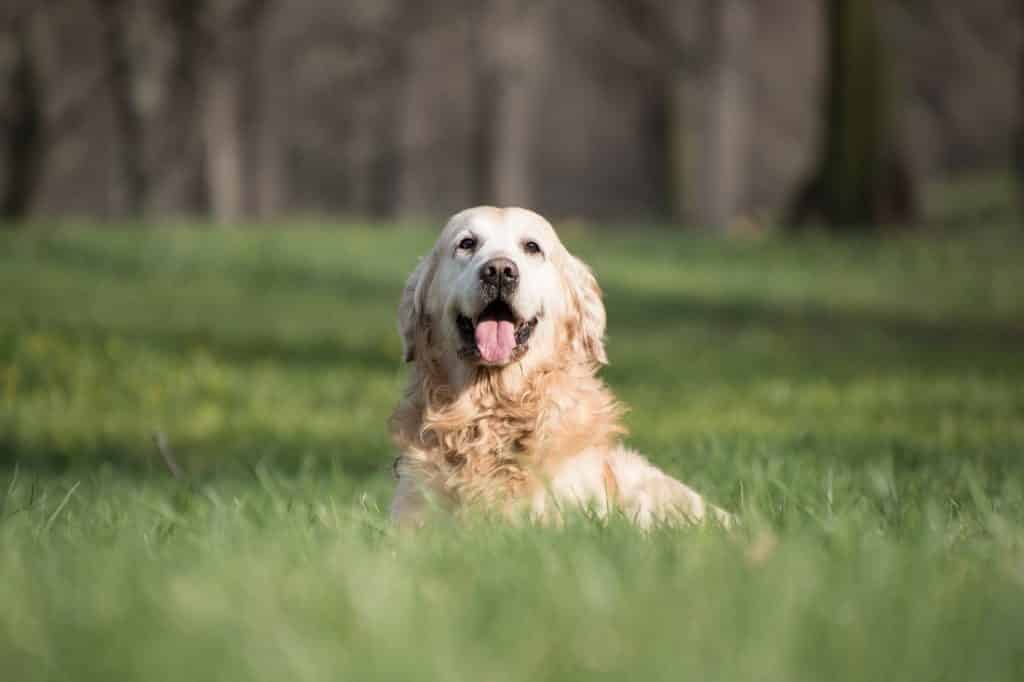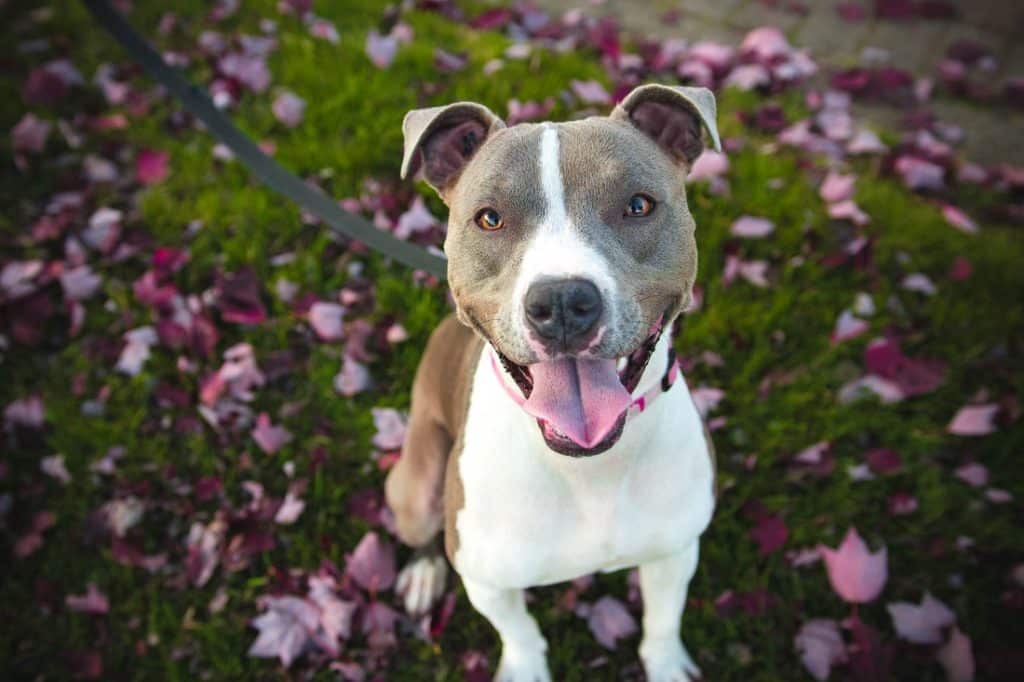Dog Health
Why is my dog panting?
Seeing our dogs panting can be concerning for many a dog owner, causing us to wonder why they’re doing it – and if there is anything wrong. There are plenty of reasons why our four legged friends pant, and many of them are nothing to worry about!
It’s perfectly normal for dogs to pant in certain situations, however if you’re concerned it is always a good idea to seek advice from your vet to be sure.
Here are a few reasons why your dog may be panting.
They’re hot
Dogs don’t sweat in the same way that humans do: instead, panting is one of the main ways your dog cools down and regulates their body temperature.
Panting helps dogs to swap the hot and moist air in their lungs, for the cooler air in their environment. As they pant, you may notice their tongue lolling out of their mouth: this allows the moisture in their mouths to evaporate quicker, which in turns helps them to cool down faster.
So, if you see your dog panting after exercise or on a hot day, this could be perfectly natural.
When to worry: However, while panting is a normal canine reaction to heat which helps them to cool down, it’s important to keep an eye out for signs of overheating. If your dog is panting heavily, and showing signs of heatstroke such as drooling, confusion and bright red gums, take action immediately. Move them to a cool, shaded area; make sure they have cold (but not iced) water to drink; and call your vet straight away.

They’re excited
You may have noticed that when your dog is playing, or if they’re feeling happy, this is often accompanied by panting. This is totally normal! When our four legged friends get excited (perhaps at the promise of a walk, or some time with their best canine friend), their panting is often accompanied by bright eyes and a wagging tail. It may even continue for a little while after the excitement is over, as your dog relaxes and calms down.
You will usually be able to spot excited panting as your dog’s body language will mirror their happy mood, and they will be doing something they love.
They’re stressed out
While panting can be a sign of happiness in dogs, it can also indicate that they are feeling stressed out. Stressful situations such as a trip to the vets, a car ride, or being in an unfamiliar environment can all spark anxiety; and along with it, stress related panting.
If you’re concerned your dog’s panting may be due to them feeling anxious, look out for other signs of stress like yawning; whining; and clingy or fearful body language. To help them calm down, remove them from the situation; or consult a behaviouralist to find ways of helping your dog feel more relaxed in triggering situations.
Tip: a calming spray for dogs used in stressful environments can help your dog to feel less anxious. Pop a few spritzes on their bed, or in the car, to help keep them calm.
They’ve eaten something toxic
If there is no clear reason as to why your dog is panting, it’s possible that they may have eaten something toxic; or be having an allergic reaction. If this is the case, seek veterinary advice as soon as possible.
They’re in pain
When our dogs are in pain, we often look out for limping and crying as indicators that they’re feeling sore. However, our canine companions are masters at masking their pain – so panting can be one of the first tell-tale signs. If their panting is pain related, you may also notice symptoms such as restlessness; licking a particular area (likely to be the injury site); or a change to their appetite.
A reaction to medication
Heavy panting can be a side effect of certain canine medications, so if your dog has started taking a new medicine and is panting, this could be the cause. Take a look at the listed side effects, and consult your vet if you are worried.

When to be concerned about your dog’s panting
While panting can be a completely natural response to certain situations, and is often nothing to worry about, there are instances when this is not the case, and you should seek advice from your vet. These include:
- If you can’t see any reason why they would be panting. It isn’t hot, they haven’t been for a walk, and there’s no reason for them to be stressed or excited – but your dog is still panting, and you can’t figure out why.
- If they’re exhibiting other symptoms too, such as confusion, vomiting, or excessive thirst.
- If they are struggling to breathe, or their panting sounds more like laboured breathing.
- If their panting sounds raspy or harsh, comes with unusual sounds, or seems louder than normal.
- If their panting seems unusual. You know your dog and you know if something is off – so if you notice that they’re panting in a way which seems unusual and unprovoked, it’s time to call the vet.
Ultimately, you know your dog better than anyone, and if you are at all concerned, it is always best to seek professional advice.


